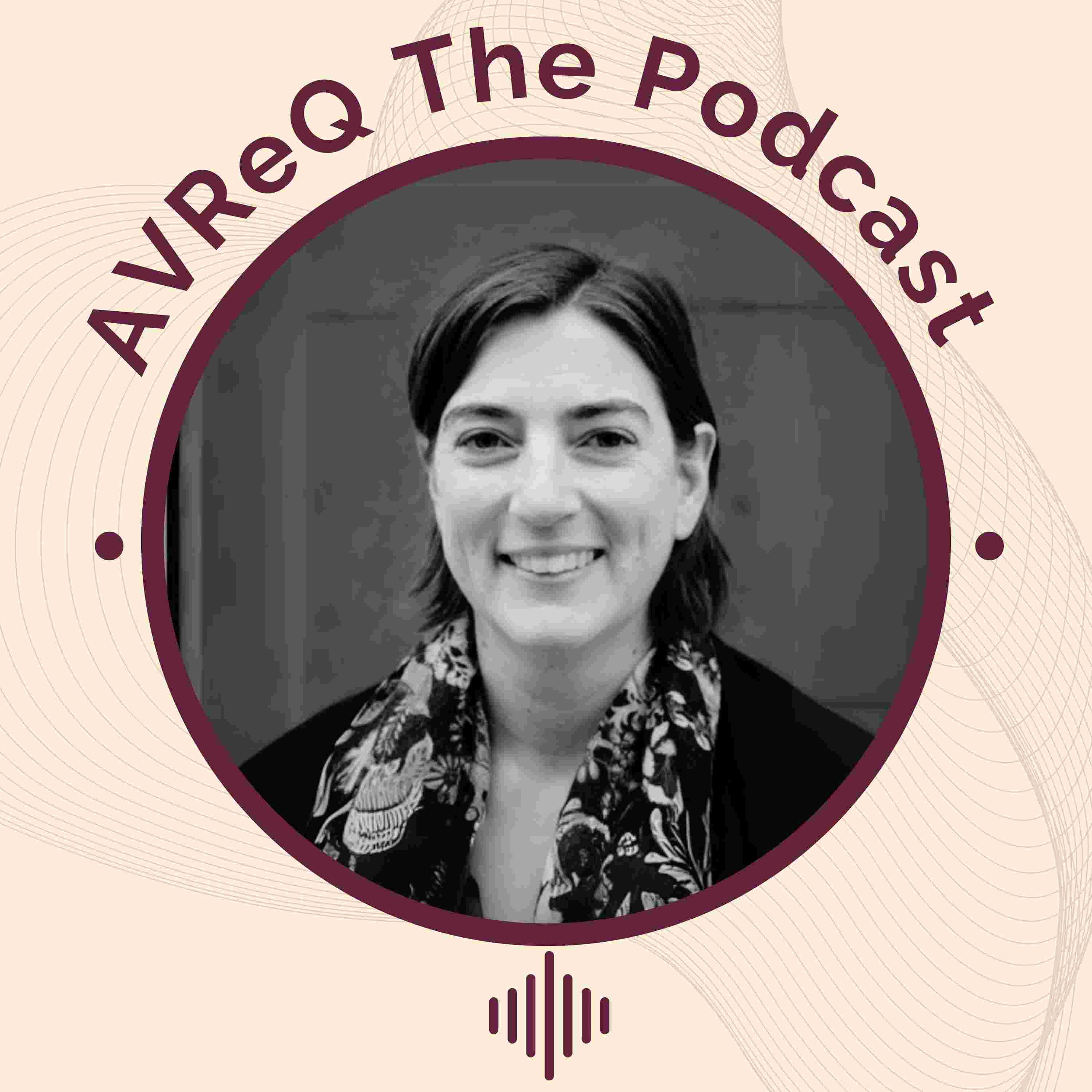

In this compelling talk, Dr Robyn Gill-Leslie examines how the apartheid regime created a bureaucratic fiction to disguise political killings, using the case of Imam Abdullah Haron as a focal point. She draws on Veena Das’s concept of state magic to show how death in detention was masked as accidental and how this created a lasting space of uncertainty for families. With reference to Berber Bevernage’s idea of allochronic time, she explains how the post-TRC state's failure to pursue prosecutions has left survivors trapped in a painful temporal suspension. Reopened inquests offer limited redress but also reveal how truth can re-emerge through documentation, family persistence, and spectral memory, raising new questions about justice and repair in democratic South Africa.
More readings:
https://iol.co.za/news/south-africa/kwazulu-natal/2015-03-24-tortured-souls-of-dududu/
https://witness.co.za/politics/2023/12/14/sangoma-calls-for-cleansing-ritual-in-kzn/
https://www.news24.com/southafrica/news/tears-flow-as-jail-cell-visited-during-inquest-into-imam-abdullah-harons-death-in-detention-20221108
Robyn Gill-Leslie is the postdoctoral fellow on the Bodies of Evidence project. Gill-Leslie’s work focuses on corporeal, aesthetic and creative approaches to truth recovery after atrocity. Intentionally inter-disciplinary, her work intersects with law, humanities and socio-legal approaches. Focusing on deconstructive, decolonial and reflective academics, she is interested in how the physical body is framed inside and outside of truth recovery mechanisms. Gill-Leslie’s expertise is in sub-Saharan Africa, specifically South Africa’s truth-finding mechanisms including the Truth and Reconciliation Commission, and the Marikana Commission of Inquiry.